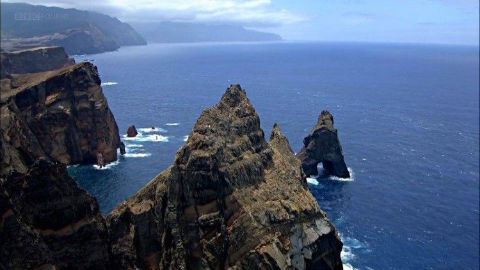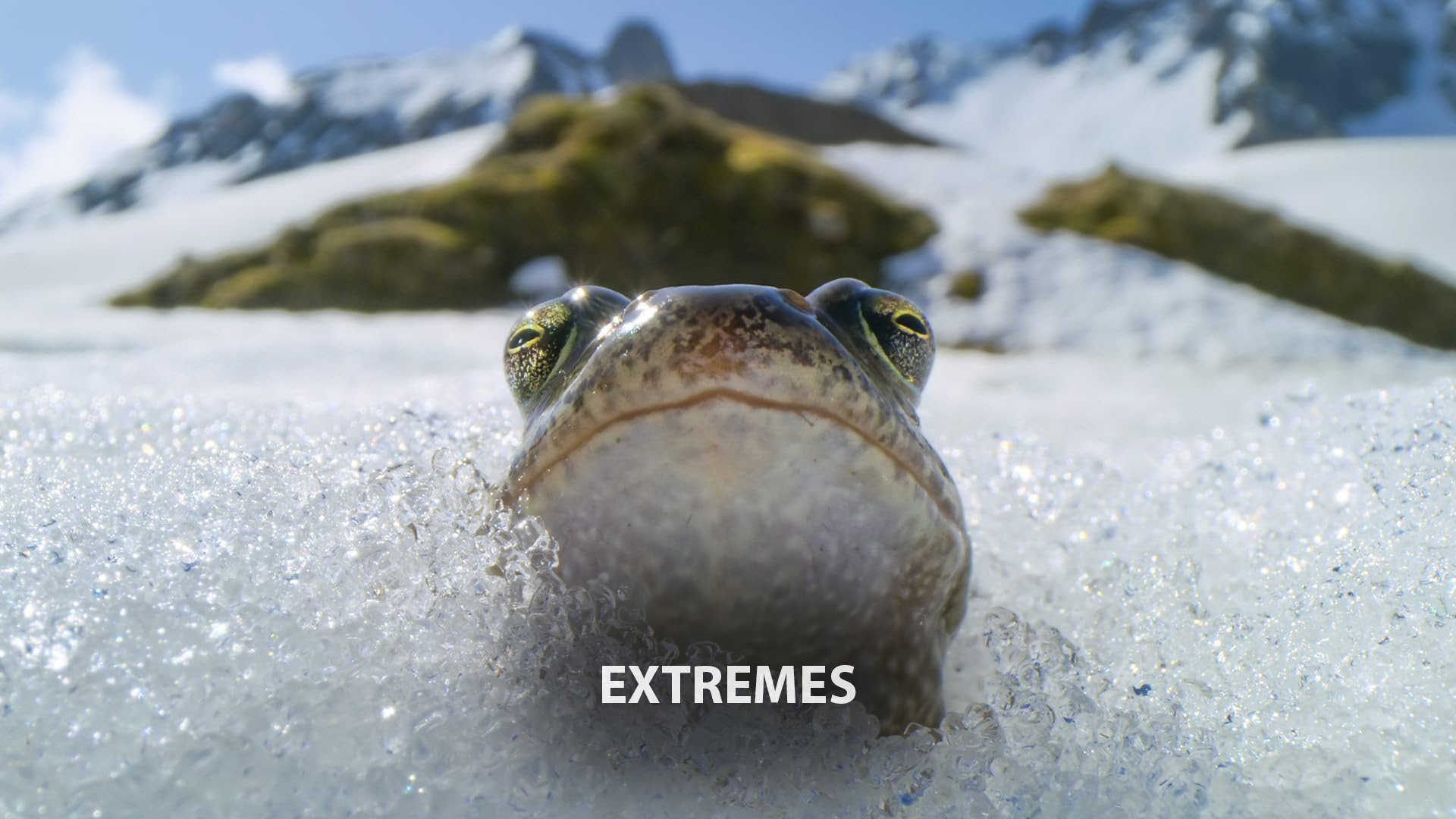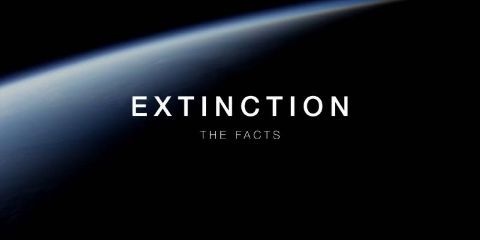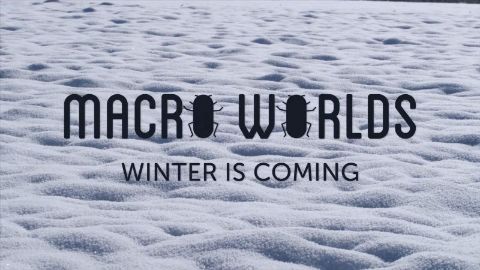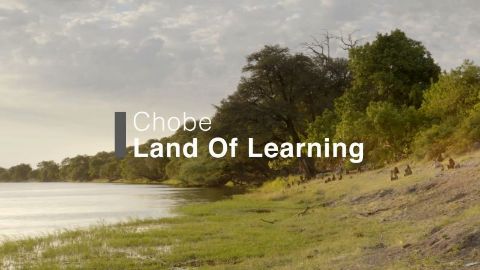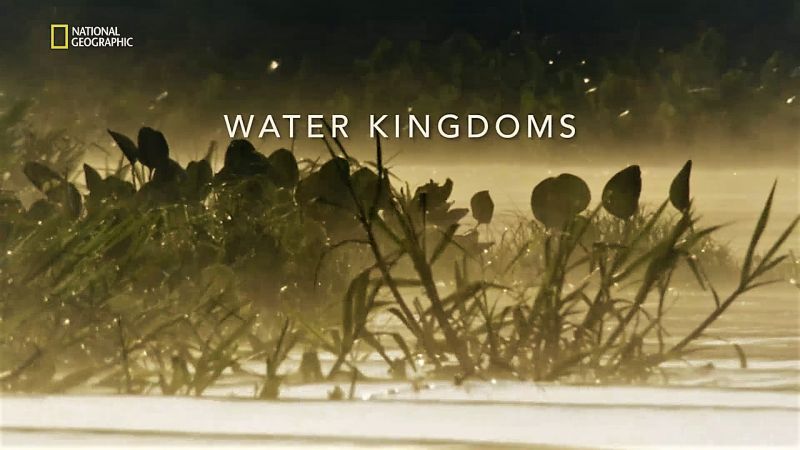Madagascar: A World Apart • 2016 • episode "Part 2" • Nature's Wonderlands: Islands of Evolution
Fortey travels to the rainforests of Madagascar - an ancient island that has spawned some of the most extraordinary groups of plants and animals anywhere in the world. From beautiful Indri lemurs, toxic frogs, and the cat-like giant mongoose called the fossa, to evolutionary oddities like the giraffe-necked weevil and the otherworldly aye-aye, he uncovers the secrets of the evolutionary niche - examining how, given millions of years, animals and plants can adapt to fill almost any opportunity they find.
Make a donation
Buy a brother a hot coffee? Or a cold beer?
Hope you're finding these documentaries fascinating and eye-opening. It's just me, working hard behind the scenes to bring you this enriching content.
Running and maintaining a website like this takes time and resources. That's why I'm reaching out to you. If you appreciate what I do and would like to support my efforts, would you consider "buying me a coffee"?
Donation addresses
BTC: bc1q8ldskxh4x9qnddhcrgcun8rtvddeldm2a07r2v
ETH: 0x5CCAAA1afc5c5D814129d99277dDb5A979672116
With your donation through , you can show your appreciation and help me keep this project going. Every contribution, no matter how small, makes a significant impact. It goes directly towards covering server costs.


